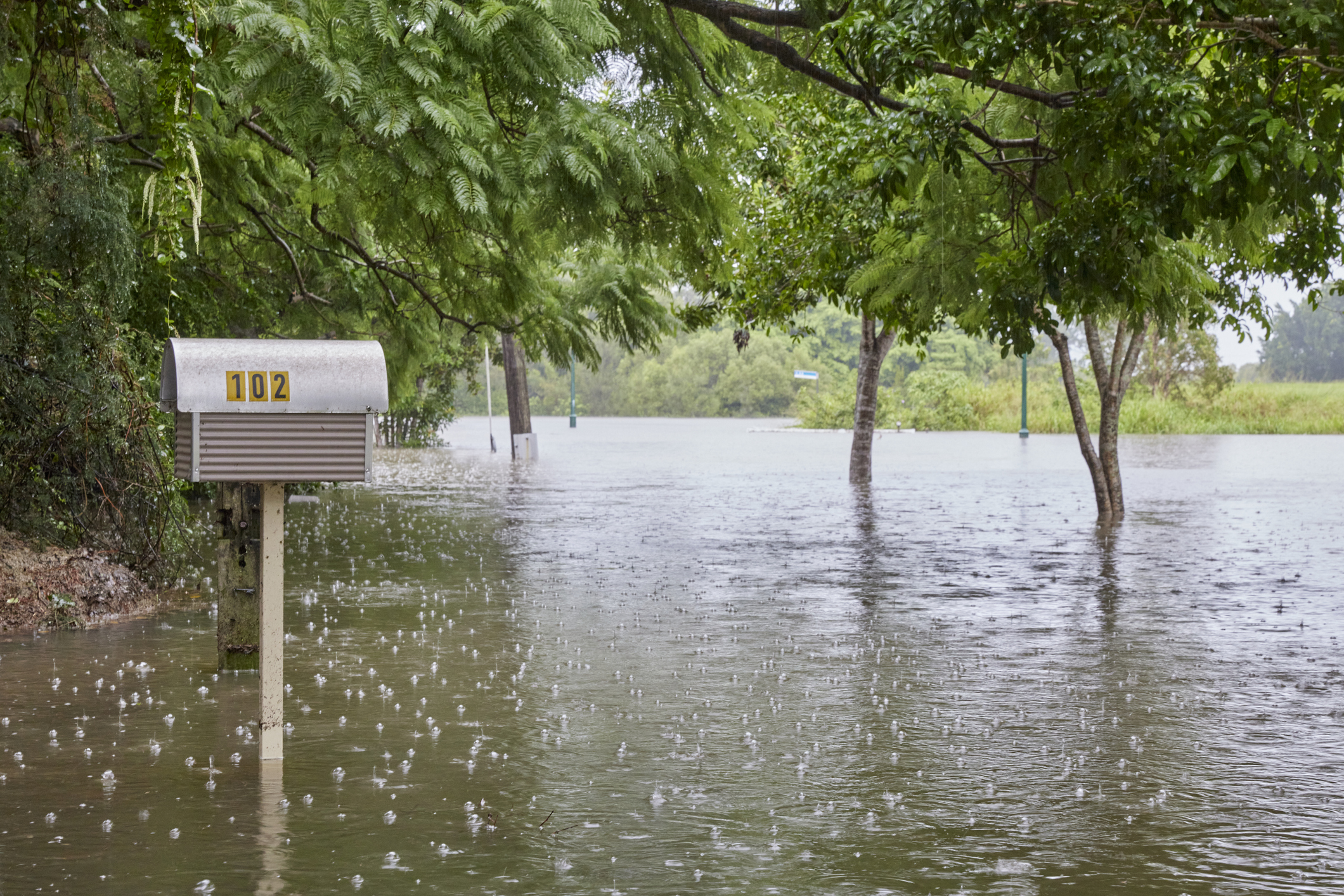Weather phenomenon La Niña comes to an end after 3 years


A free daily email with the biggest news stories of the day – and the best features from TheWeek.com
You are now subscribed
Your newsletter sign-up was successful
The weather phenomenon known as La Niña has ended its three-year tenure. The Climate Prediction Center made the announcement, noting "neutral conditions are expected to continue through the Northern Hemisphere spring and early summer 2023."
La Niña is "associated with cooler-than-normal waters in the tropical Pacific Ocean," per The Washington Post. It is responsible for much of the extreme weather the U.S. has experienced recently, as well as the warmer-than-usual winter weather. The phenomenon contributed to the flurry of tornados across the Midwest and South, ultimately causing $1.9 billion in damage over its three-year reign. The cooler Pacific waters pushed warmer water to the Atlantic, exacerbating east coast hurricanes, including Hurricanes Ian and Ida, The Associated Press reports. La Niña also contributed to the unusual snow in the west.
When taken together, both La Niña and climate change "load the dice for more extremes," said University of Northern Illinois atmospheric scientist Victor Gensini, who added that it is difficult to attribute any weather event to La Niña alone. However, "even though La Niña is coming to an end we are likely to see latent impacts for some time to come," per the World Meteorological Organization (WMO).
The Week
Escape your echo chamber. Get the facts behind the news, plus analysis from multiple perspectives.

Sign up for The Week's Free Newsletters
From our morning news briefing to a weekly Good News Newsletter, get the best of The Week delivered directly to your inbox.
From our morning news briefing to a weekly Good News Newsletter, get the best of The Week delivered directly to your inbox.
With La Niña out, El Niño could now be making its way in, possibly leading to a stronger Pacific hurricane season and warmer temperatures, CNN writes. The Climate Prediction Center predicts El Niño will form "during summer 2023 and [persist] through the fall." El Niño occurs approximately every 15 years.
"The El Niño and La Niña phenomenon occurs (sic) naturally," explains the WMO. "But it is taking place against a background of human-induced climate change, which is increasing global temperatures, affecting seasonal rainfall patterns, and making our weather more extreme."
A free daily email with the biggest news stories of the day – and the best features from TheWeek.com
Devika Rao has worked as a staff writer at The Week since 2022, covering science, the environment, climate and business. She previously worked as a policy associate for a nonprofit organization advocating for environmental action from a business perspective.
